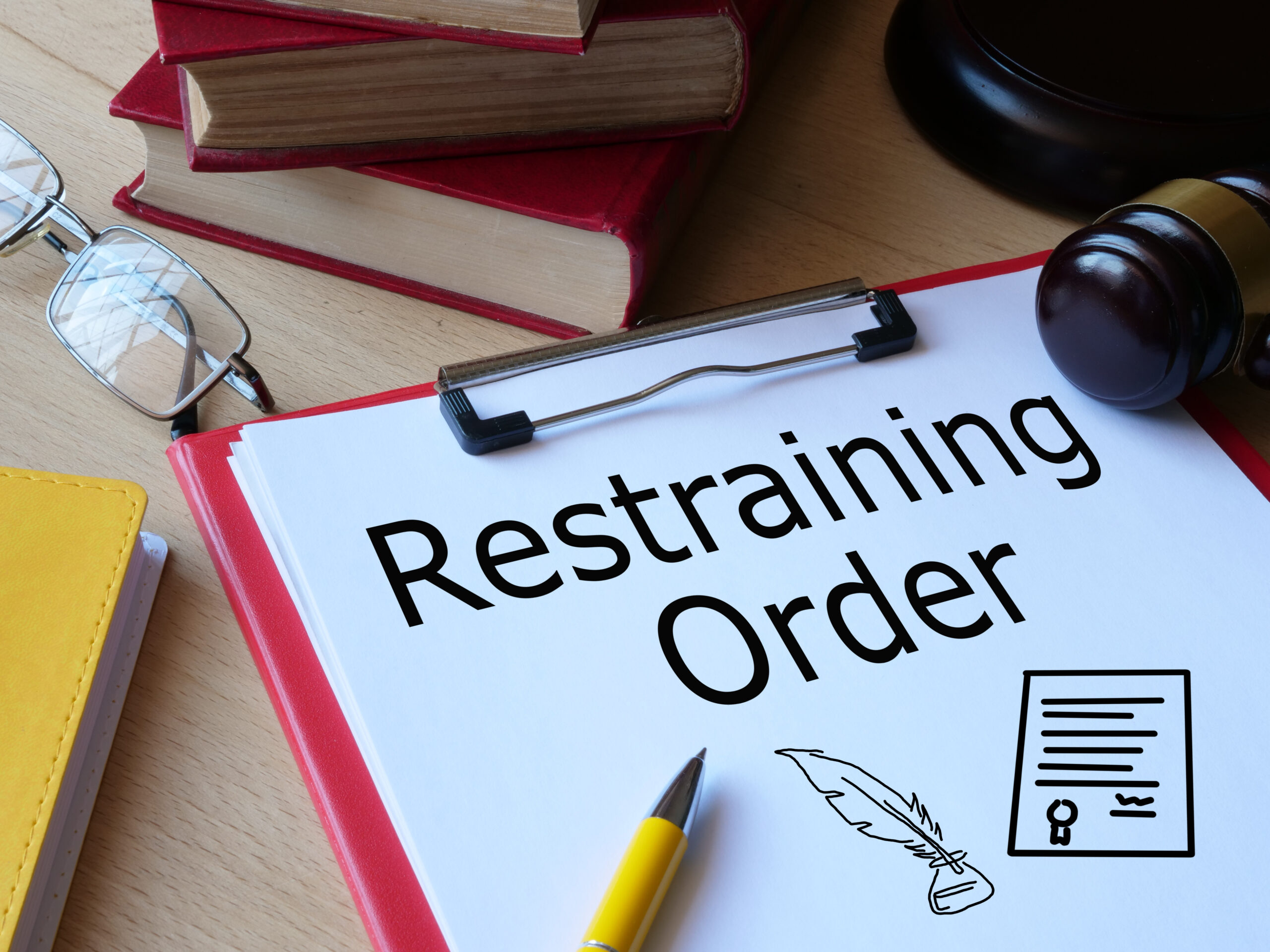Understanding your legal responsibilities regarding an order of protection and the serious ramifications of a violation is paramount. If you find yourself facing accusations of such a violation, it’s essential to promptly secure counsel from our knowledgeable Long Island Criminal Lawyers. Please continue reading as we explore the potential penalties you could encounter for violating a protective order in New York.
What is an Order of Protection?
An order of protection, or restraining order, is a court order aimed at safeguarding people from harm. Strict adherence to its stipulations is crucial to avoid criminal charges and other significant consequences. These orders can arise in domestic violence cases, as a condition of a defendant’s release or bail, or during divorce proceedings, all with the underlying purpose of addressing imminent safety concerns. In New York, protective orders may be either temporary or final.
Temporary orders are typically granted upon a victim’s filing, particularly if the presiding judge finds sufficient cause. They protect until a thorough investigation can be completed and the case is formally heard in court. This type of protective order usually only lasts from one court date to the next.
Conversely, a final order is issued following a hearing, trial, or when both parties agree. Depending on the unique circumstances and the gravity of the case, a final order can remain in effect for a year or longer. In New York, while a final order of protection can potentially extend up to five years, they are most commonly granted for a duration of up to two years.
What Are the Potential Penalties for Violating a Protective Order?
In New York State, violating an order of protection is a serious offense that carries harsh penalties. The specific charges and punishments depend on the unique circumstances of the violation. Generally, these violations are classified as criminal contempt:
- Second-Degree Criminal Contempt: This is a Class A misdemeanor applicable when the violation does not involve violence, threats, or intimidation. Penalties can include up to one year of incarceration, probation, fines up to $1,000, and a criminal record.
- First-Degree Criminal Contempt: This is a Class E felony involving aggravating factors such as violence, threats, or intimidation. A conviction can lead to a prison sentence of up to four years, along with probation and fines up to $5,000.
- Aggravated Criminal Contempt: This is a more severe offense, classified as a Class D felony. It carries a potential prison sentence of up to seven years and substantial fines.
If you face accusations of violating an order of protection in New York, it’s crucial to seek assistance from an experienced attorney from Castro & Trodden, LLC. Our legal team can provide the legal support needed to defend your rights and interests. Contact our firm today to explore how we can advocate for you during these difficult times.

